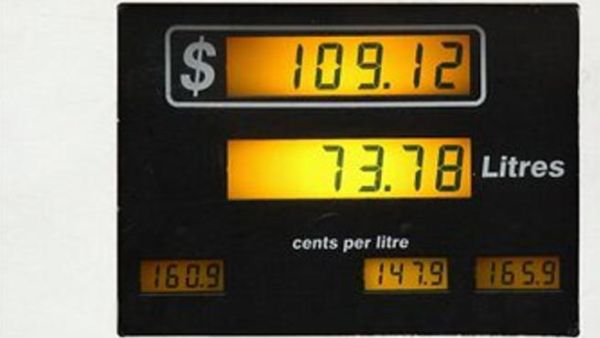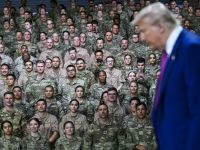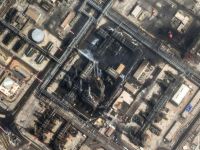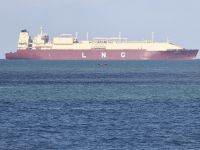An ad hoc committee of the Federal National Council has demanded petrol prices be brought in line with other Gulf countries — a move that could make prices cheaper by up to 60 percent.
The six-member committee was formed to study the viability of subsidising petrol after FNC members complained higher prices of petrol had a negative impact on the prices of other products and services and economic development as a whole. The committee, however, did not agree on selling petrol at a blanket price for citizens and foreigners.
The panel, chaired by Mohammad Butti Al Qubaisi, a representative from Abu Dhabi, stressed petrol prices should be brought down to match prices in other GCC member states either by a direct cash subsidy for Emirati or a general subsidy for petrol products.
Growing consumption
The proposal, which will be debated tomorrow, needs to be voted for by the House before being presented to the cabinet for approval. "The petrol price in the UAE is the third highest in the Arab world after Syria and Tunisia, which does not fit a country that is ranked seventh in the world with an oil reserve of 97.8 billion barrels or 6.65 percent of the world's oil reserve," said a report worked out by the committee.
The panel blamed the hike in petrol prices, compared with other Gulf countries, on certain companies importing petrol products because they have no refineries and growing consumption as the population more than doubled to 8.264 million people last year from 4.1 million in 2005.
"Moreover, cars registered in the UAE shot up to 2.4 million in 2010, up by ten percent over 2009. Other causes for growing petrol consumption included high business activities, urban development and massive increase in factories to 4,960 which grow by 8.53 percent annually," the FNC report said.
The debate to potentially reduce prices was initially opposed by Mohammad Bin Dha'en Al Hamili, Minister of Energy, who argued that the country's retail petrol prices are already subsidised by the government to the tune of Dh1.20 per litre. This would suggest that, without government support, retail petrol prices would increase to Dh2.92 per litre compared with the current price of Dh1.72 per litre.
More oil
The minister said petrol retailers had been running at a loss since 2003. "Losses of the four fuel distribution companies caused by a subsidised petrol price reached Dh8.5 billion in 2011, while the expected losses this year were Dh12 billion," Al Hamili said.
Some members of the FNC suggested a subsidy be limited to Emiratis only. Members of the House complained the UAE is not among the countries with the lowest retail price of petrol, while every other Gulf country makes it into the world's top ten for cheap petrol.
Ahmad Ali Al Za'abi, a member from Sharjah, said other Gulf countries sell petrol at cheaper prices, while the UAE produces more oil than many of them including Oman.
"High prices of petrol and fuel heavily affect the lives of people with low and medium income, not to mention the country's development as a whole," Al Za'abi said. He suggested setting up more refineries.
Mohammad Ahmad Al Murr, the speaker of the FNC, said that any reduction in petrol prices would benefit everyone and not just citizens. "Emiratis are a minority and a majority of the population will benefit from the proposal."
Pensions
Members of the Federal National Council will also quiz acting minister of health on stipends paid to junior doctors and interns. The representatives will also debate a report by the committee of Foreign Affairs, Oil and Mineral Resources and Agriculture on recommendations to address environmental problems. The House will also review agreements and conventions signed by the country.








